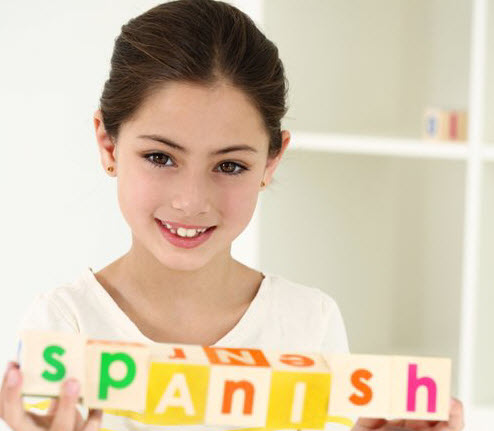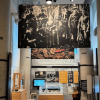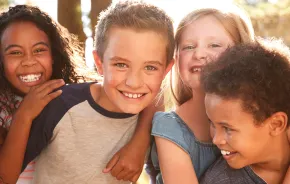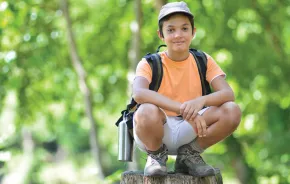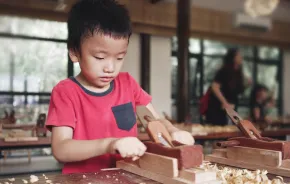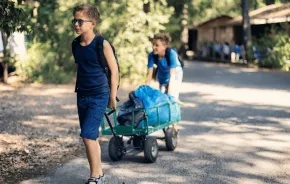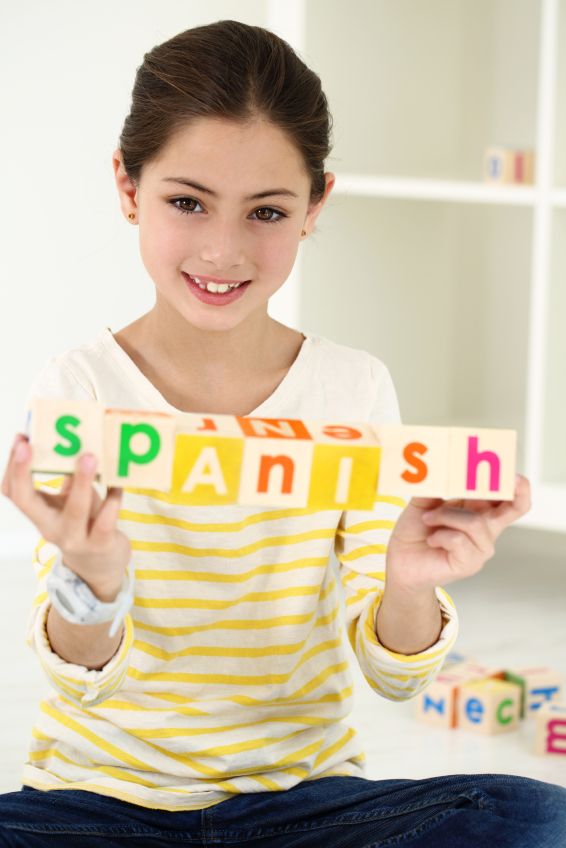 Anyone can be bilingual, you just need to start young!
Anyone can be bilingual, you just need to start young!
Most parents agree that being bilingual is a huge asset on a number of levels. Not only is knowing two or more languages useful in business and when traveling, but it also has important developmental and social benefits. The problem is that most parents start thinking about introducing their children to a second language way too late.
The key to becoming perfectly bilingual is to learn both languages at a very young age … think preschool!
The beauty at this age is that, for most children, it is virtually effortless.
I have both personally experienced this and witnessed it firsthand with my two children.
I am a French citizen born and raised, for the most part, in France by my two French parents. When I was 5 years old, we moved to New Jersey, where I attended the public elementary school down the street. Not knowing a word of English when I arrived in the first grade, I became perfectly fluent within the first six months. When I was 10, we moved back to France. My parents, realizing the incredible value of bilingualism, did not want us to lose our English abilities and therefore signed me and my two siblings up to attend an international school outside of Paris, where we received a bilingual American/French education.
I returned to the United States at the age of 17 to attend college and have been here ever since. As I watch my American husband struggle to learn French in his 30s, I am constantly reminded of what a gift receiving a bilingual education at a very young age was. I hear from many friends, colleagues, and acquaintances that they wish they were bilingual and that they could offer this opportunity to their children.
My answer is always: You absolutely can!
As you think about preschool for your child, I urge you to explore bilingual opportunities.
Starting at a young age will be easiest for your child and will allow them to learn another language with virtually no accent. Furthermore, learning a second language at a young age has been shown to strengthen cognitive and linguistic development in children.
Over the past 50 years, neuroscientists and psychologists have uncovered a wealth of scientific evidence showing that being bilingual truly is good for your brain.
Armed with this knowledge, I was committed to finding a strong bilingual program for my children (ages 5 and 1).
Though I speak French to them exclusively, I realized when my son was 18 months old, and beginning to talk, that this would not be enough.
When he was 2, I signed him up at the French American School of Puget Sound (FASPS) on Mercer Island, Wash (where I serve on the board of trustees). My husband and I have been thrilled watching him thrive in this environment and seeing him, three years later, perfectly bilingual. What really has impressed me most, however, are all of his friends who had no knowledge of French prior to joining the school and now speak French as well as he does.
A bilingual education setting also offers an incredible diversity and strong sense of community. At FASPS, there are families from all over the world and of all different nationalities, united by the desire to give their children the gift of bilingualism in an increasingly interconnected world.
Though I can only speak for FASPS, I know there are many other wonderful programs in our region. Make sure you don’t overlook these opportunities when starting to think about preschool. Your children will thank you for it in 20 years!
To learn more
The cognitive benefits of being bilingual
Bilingual children have a better ʹworking memoryʹ than monolingual children
A second language gives toddlers an edge
Your Mind on Language: How bilingualism boosts your brain




